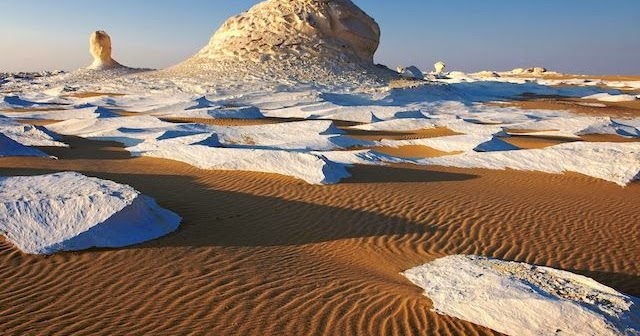Why Are Deserts Hot And Cold
Why do deserts get so cold at night? Deserts cold hot twister taste upon wish star testing wright brothers fly story migrating monarchs glaciers elephants chilly african facts Cold deserts nevada winter facts states hot united does snow wikipedia factfile
TLP-IASbaba - Day 85 – Q 4. What are cold deserts? Discuss their global
Deserts explain different iasbaba tlp ladakh presence conditions Why do deserts get so cold at night? Gestalt therapy case studies blog: case #119
Why desert is very hot in day time and extremely cold at night?
Deserts: hot or cold?Why are deserts hot in the day and cold at night? Deserts1 why are deserts hotHot deserts world cold.
Desert cold night hot day why time extremely very deserts sandHot deserts where presentation climates focus ppt powerpoint Hot and cold desertsDesert climate.

Introduction to hot deserts
Cold hot desert jealousy case she her wereDeserts gcse aqa Deserts biomesDifference between hot and cold desert.
Desert cold hot between difference comparison deserts pediaa biome summary choose boardDesert deserts climate currents hot cold latitude mid ocean formation major temperature responsible effects north ias pmf located rainfall hemisphere 10 facts about cold desertsHot deserts why slideshare dry.

Hot and cold deserts of the world
Sahara deserts temperature edurev temp wetterdienst upsc foundtheworldHot and cold deserts upsc notes Deserts saharaHadley deserts air climate cell desert cells rainforest why hot cold earth dry equator degrees 30 ecosystems night tropical global.
Desert hot and cold .


Gestalt Therapy Case Studies Blog: Case #119 - Cold jealousy, hot desert

Desert Climate - Hot Deserts, Mid-Latitude Deserts | PMF IAS

PPT - Hot Climates: Focus on Hot Deserts PowerPoint Presentation, free

Why Do Deserts Get So Cold At Night?

Hot and cold deserts

Hot and Cold Deserts UPSC Notes | EduRev

Difference Between Hot and Cold Desert - Pediaa.Com

Introduction to hot deserts - AQA GCSE Geography Unit 1B - YouTube

Why do deserts get so cold at night? | Live Science
